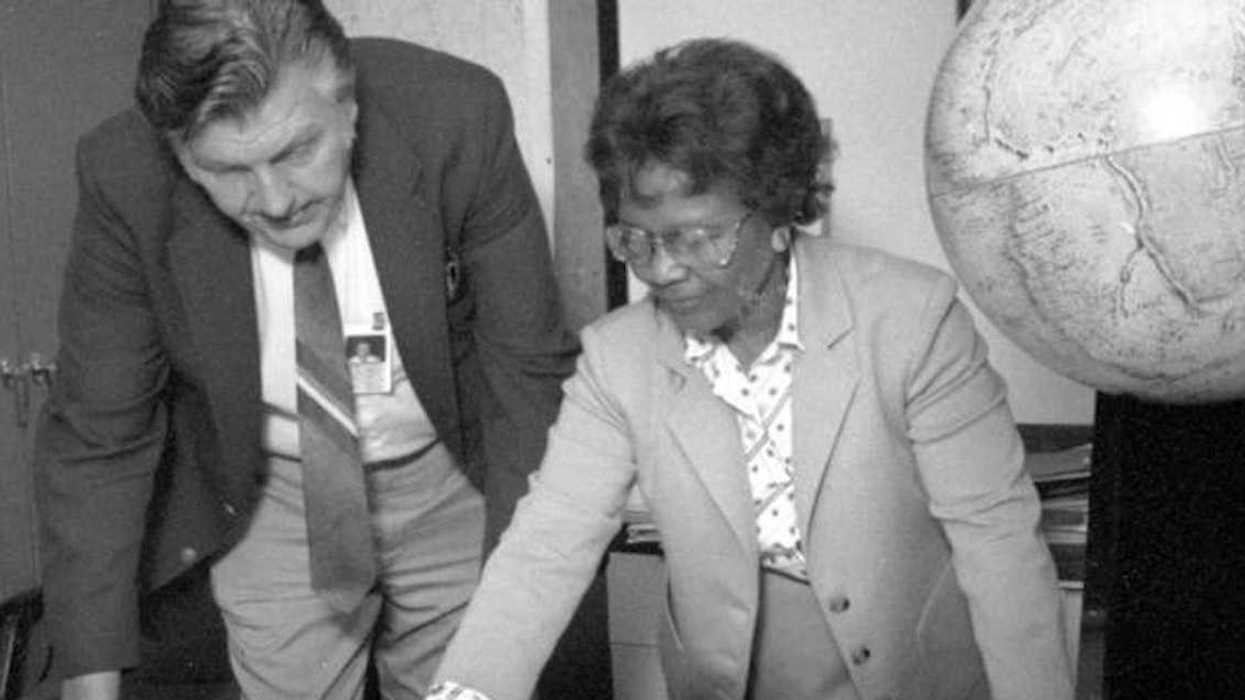When former Pittsburgh Steelers' center Mike Webster committed suicide in 2002, his death began to raise awareness of the brain damage experienced by NFL football players. A 2017 study found that 99% of deceased NFL players had a degenerative brain disease known as CTE (chronic traumatic encephalopathy). Only one out of 111 former football players had no sign of CTE. It turns out, some of the risks of traumatic brain injury experienced by heavily padded adults playing at a professional level also exist for kids with developing brains playing at a recreational level. The dangers might not be as intense as what the adults go through, but it can have some major life-long consequences.
A new PSA put out by the Concussion Legacy Foundation raises awareness of the dangers of tackle football on developing brains, comparing it to smoking. "Tackle football is like smoking. The younger I start, the longer I am exposed to danger. You wouldn't let me smoke. When should I start tackling?" a child's voice can be heard saying in the PSA as a mother lights up a cigarette for her young son.
According to a post on the Concussion Legacy Foundation's Instagram page, the PSA "is inspired by a major study released earlier this week that shows the link between tackle football and the brain disease CTE may be stronger than the link between smoking and lung cancer." The Concussion Legacy Foundation wants parents to put off letting their kids play tackle football until the child has reached the age of 14. The organization says that children who receive brain injuries before the age of 12 recover more slowly from them, and children's bodies just aren't built to handle being tackled.
RELATED: The Utah Girls Tackle Football League Tackles Gender Norms
The study the group referenced, which was published in the Annals of Neurology, found that the severity of CTE is related to how many years spent playing football, rather than the amount of concussions an individual received. The risk of CTE doubles every 2.6 years someone spends playing tackle football. If a child starts playing tackle football at the age of five, their risk of developing CTE is 10 times higher than someone who started playing at the age of 14.
RELATED: Los Angeles Rams Launch Youth Clinics That Focus On Character Over FootballLos Angeles Rams Launch Youth Clinics That Focus On Character Over Football
CTE is a degenerative brain disease caused by repetitive brain trauma. With CTE, a buildup of a brain protein called Tau forms clumps throughout the brain. The clumps spread then kill off normal brain cells. Symptoms take years to manifest and include memory loss, confusion, aggression, and impaired judgement. CTE was discovered in 1928 after boxers were described as having "punch drunk syndrome."
This PSA is personal. The PSA was lead by Rebecca Carpenter, daughter of NFL football player Lew Carpenter, and Angela Harrison, daughter of college football player Joe Campigotto. Both former football players were diagnosed with CTE after they passed. In the PSA, former San Francisco 49ers linebacker Chris Borland, who retired after receiving two diagnosed concussions his first season in the NFL, plays the referee in the PSA.
Because of the risks, states including California, New York, and Illinois are considering banning tackle football for children under the age of 12. Until then, there's always flag football.

















 What foods would you pick without diet culture telling you what to do?
What foods would you pick without diet culture telling you what to do?  Flexibility can help you adapt to – and enjoy – different food situations.
Flexibility can help you adapt to – and enjoy – different food situations.
 Anxious young woman in the rain.Photo credit
Anxious young woman in the rain.Photo credit  Woman takes notes.Photo credit
Woman takes notes.Photo credit 
 Revenge can feel easier than forgiveness, which often brings sadness or anxiety.
Revenge can feel easier than forgiveness, which often brings sadness or anxiety. 
 In the past two years, two malaria vaccines have become available for babies starting at 5 months of age.
In the past two years, two malaria vaccines have become available for babies starting at 5 months of age. By exploiting vulnerabilities in the malaria parasite’s defense system, researchers hope to develop a treatment that blocks the parasite from entering cells.
By exploiting vulnerabilities in the malaria parasite’s defense system, researchers hope to develop a treatment that blocks the parasite from entering cells. Created with
Created with 

 Volunteers who drive homeless people to shelters talk with a person from Ukraine in Berlin on Jan. 7, 2026.
Volunteers who drive homeless people to shelters talk with a person from Ukraine in Berlin on Jan. 7, 2026.
 Tasks that stretch your brain just beyond its comfort zone, such as knitting and crocheting, can improve cognitive abilities over your lifespan – and doing them in a group setting brings an additional bonus for overall health.
Tasks that stretch your brain just beyond its comfort zone, such as knitting and crocheting, can improve cognitive abilities over your lifespan – and doing them in a group setting brings an additional bonus for overall health. Overdoing any task, whether it be weight training or sitting at the computer for too long, can overtax the muscles as well as the brain.
Overdoing any task, whether it be weight training or sitting at the computer for too long, can overtax the muscles as well as the brain.